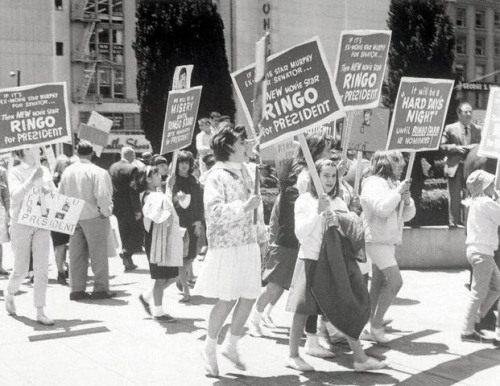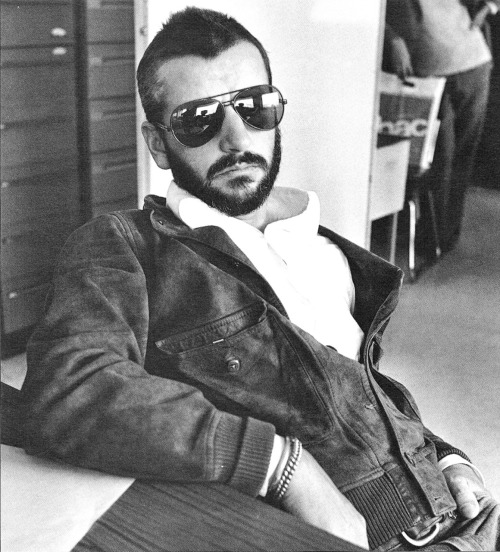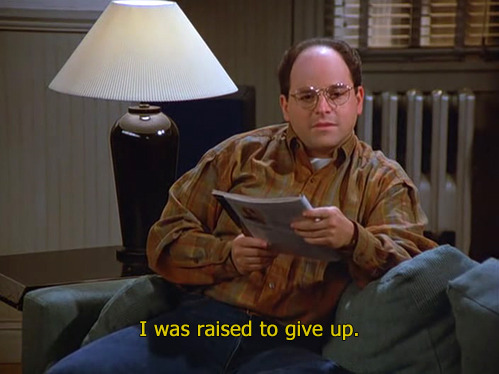Numa conferência de imprensa de promoção a Cop Land, um filme de 1997 com Harvey Keitel e Robert De Niro, perguntaram a Sylvester Stallone se não gostaria de repetir a experiência e continuar em filmes de maior, digamos, estatuto. O que se seguiu foi um episódio um pouco previsível (até por eu o estar a contar) mas que distingue as boas pessoas. Depois de confessar o medo que tinha de fazer perder tempo a toda a gente no set por estar fora do seu ambiente, disse que nunca se tinha sentido tão bem enquanto actor e que gostaria de continuar por aquele caminho, mas que, consciente das suas próprias limitações, não via necessidade de defraudar dois públicos: o dos seus filmes e o dos filmes do Robert De Niro (enfim, nem só de Max Cady ou jovem Vito vive De Niro; também há uns quantos filmes de Fockers a mais nesta carreira).
Hoje, entre o argumento de Rocky e o projecto Expendables deixou de fazer sentido questionar o talento de Stallone, embora ainda seja sempre com surpresa que se lhe reconhece inteligência, sensibilidade, humor, e por aí fora. Não aconteceu nada de muito diferente com Clint Eastwood, a quem, após uma dúzia de bons filmes, não se poupa elogios nos mesmos termos à sua anterior carreira de actor, que é só um pouco mais do que duvidosa.
Respeitinho pelas pessoas é a mensagem que pretendo deixar nesta quadra. Um último exemplo vem de Dick Cavett a propósito de uma conversa que teve a contragosto com John Wayne de quem não tinha grande opinião. John Wayne estava em filmagens e interrompia por vezes a conversa para filmar outro take. Num desses regressos vinha a assobiar uma música de Noël Coward e Cavett resolveu apontar a conversa que se seguiu:
«Wayne: Wasn’t he great?
Me: Who?
Wayne: Coward.
Me [startled, realizing now that the tune was Noël Coward’s “Someday I'll Find You”]: Yes.
Wayne: I’ve always loved his stuff. Remember the scene in “Private Lives” when they realize they still love each other?
Me: Yes, and did you know there’s a recording of Coward and Gertrude Lawrence doing that scene?
Wayne: Gee, I gotta get that. I guess I’ve read most of his plays.
Me [still not convinced there isn't a ventriloquist in the room]: I’ll send you the record.
Wayne: Well, thank ya. I like the line [he switched to quite passable upper-class British], “You’re looking very lovely you know, in this damned moonlight.”
Me: I did a show with Coward and, as he introduced them, “My dearest friends, Alfred Lunt and Lynn Fontanne.”
Wayne: I sure would love to have seen them in “Design for Living.” [Mentally I reach again for the smelling salts.] And, damn, I’d love to see that show of yours.
Me: I’ll see that you do. [Jesus! Did I? Oh, I hope so.]
Wayne: That’d be awful nice of ya.
Me: Did you ever think of doing one of his plays?
Wayne: Yeah, but it never got past the thought stage. I guess they figured that maybe spurs and “Blithe Spirit” wouldn’t go together. Can’t you see the critics? “Wayne should go back to killing Indians, not Noël Coward.”
(...)
It required the common sense of Woody Allen to put the whole thing into perspective. When I burbled the story to him, he seemed disappointingly un-astonished.
“It reminds you that he’s an actor,” he said. “Not a cowboy.” »




